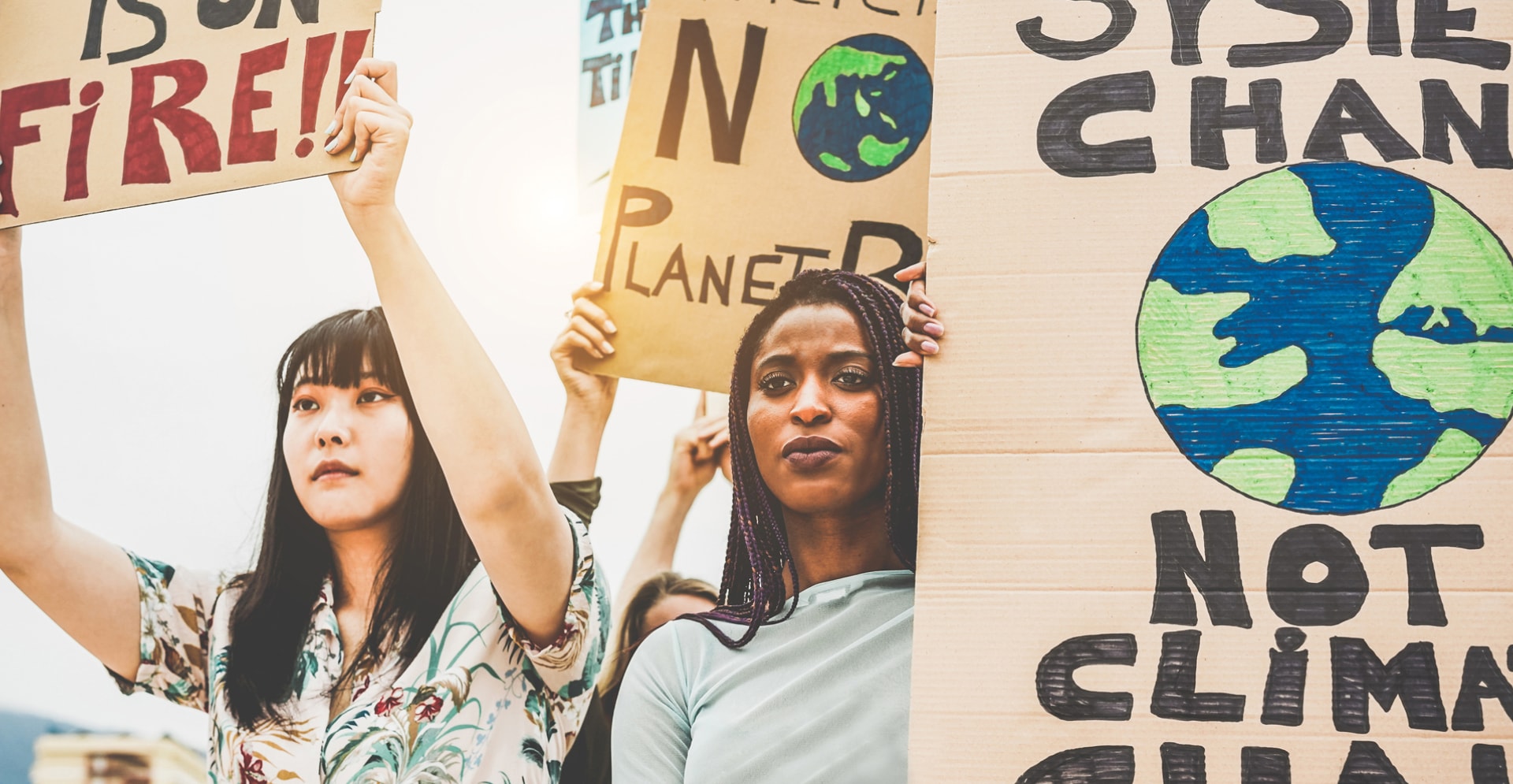Today it is World Environment Day, a day to promote awareness and action to protect our environment. Today, the United Nations has a clear message: "To care for ourselves we must care for nature".
Especially now, during the COVID-19 pandemic, it is time to consider the effects and potential effects of biodiversity loss on our global population. Pandemics can be directly linked to biodiversity loss and climate change, so we must act now and start taking better care of nature.
At the moment nearly the entire world is affected by the COVID-19 pandemic. The rapid worldwide spread of the novel coronavirus is a testament to how interconnected human societies are in the 21st century. Through the interconnection of societies there is also a link between all the ecosystems on Earth. Human influence and impact on ecosystems is profound, and our technologies and management decisions, related to how we consume, sustain, replace, and restore natural resources, can have both positive and negative effects on the natural world.
Of course, the primary focus in this time of pandemic is on healthcare, but we must not lose sight of the issues of biodiversity loss and climate change. These challenges have helped create the circumstances under which diseases can emerge and spread. While the full range of causes is complex, the relationship between ecosystem management issues and pandemics is unquestionable. If we want to arm ourselves against future pandemics, we need to take action to limit further loss of biodiversity and reverse the effects climate change.
The link between biodiversity loss and climate change and pandemics
Biodiversity (all biological diversity from genes, to species, to ecosystems) is declining faster than at any other time in human history. Last year, the UN report on biodiversity1 showed that about 1 million species are currently threatened with extinction. Humans cut down forests, driving wild animals out of their traditional habitats and closer to human settlements. In doing so, we increase the risk of disease transmission from animals to humans.
About 60% of infectious diseases are zoonotic, meaning that they are spread from animals to humans. In the last three decades, 30 new human pathogens have been detected, 75% of which have originated in animals2. Other recent outbreaks that are connected to zoonoses include SARS, Ebola, Zika, Nipah, avian influenza, and swine influenza. As human activities continue to disturb ecosystems worldwide, we are likely to see more infectious diseases crossing from wildlife to humans.
Because of the loss of natural habitats, wildlife species are forced to migrate to human-dominated landscapes. Many species adapt themselves to manage in such landscapes and consequently can infect humans and/or their livestock with the pathogens they are carrying into these more simplified ecosystems. Pathogens tend to be “diluted” in complex, undisturbed, ecosystems. This dilution effect can operate to decrease encounter rates among competent hosts or regulate host abundance. As the dilution effect decreases, there is an increasing risk of virus spread.
Climate change exacerbates this situation. Along with habitat loss, shifting climate zones are causing wildlife to migrate to new places, where they interact with other species they have not previously encountered, and infect them. This happened for example with the Ebola virus. Climate change likely contributed to virus-bearing bats migrating to human inhabited areas and this led to the outbreak.
Turning the tide
The COVID-19 pandemic is a wake-up call to better manage our relationship with nature. To move towards a sustainable future, it is necessary to not just prevent further degradation, we must counteract the degradation of our world’s ecosystems. In many discussions about the COVID-19 crisis it is stated that the world “will no longer be the same” after this pandemic. To help prevent future pandemics, we all must change our attitude towards our environment and more specifically nature. In fact, it is our understanding of systems ecology, conservation, and restoration sciences that affords humans the ability to be proper stewards of our biosphere. Nature can offer a solution for many of our current health and environmental problems if we manage the world’s resources in a logical and sustainable manner.
For a sustainable society it is therefore imperative that we look for nature-based solutions3 to prevent further loss of biodiversity and reverse the occurrence and impact of climate change. Nature-based solutions have the capacity to protect, sustainably manage and restore ecosystems. They can address the challenges posed by, among other things, biodiversity loss and climate change and make the world more resilient.
We are late, but not too late. We can still restore our connection with nature and take responsibility as steward of the vast natural resources of our world. Let’s come out of this COVID-19 crisis stronger and ensure a better and healthier planet for future generations.
This year, nature has given us a clear wake-up call. We must act on biodiversity and the climate crisis now. This is one of the best ways to reduce the risk of future pandemics and to enhance the resilience of human beings. On this World Environmental Day, let’s truly take up our role as stewards of our natural environment. Act #ForNature.
At Arcadis we want to create a sustainable future and Improve Quality of Life. Therefore, we aim to implement nature-based solutions in our projects. Some examples: we have created a replanting strategy, to compensate the loss of mangroves on Curaçao and we have been developing resilient, climate adaptive cities and recently joined the Nature Action Project of the World Business Council for Sustainable Development. In this project, leaders of the most influential global organizations agreed on targets to have no net nature loss until 2030 and start the process of full recovery.
We also endorse the global goals for sustainable development including the protection, restoration and promotion of sustainable use of terrestrial and aquatic ecosystems, and halt biodiversity loss and are part of the Natural Capital Coalition.
1IPBES (2019): Global assessment report on biodiversity and ecosystem services of the Intergovernmental Science-Policy Platform on Biodiversity and Ecosystem Services.
2http://www.emro.who.int/about-who/rc61/zoonotic-diseases.html
3Nature-based Solutions are defined by IUCN as “actions to protect, sustainably manage, and restore natural or modified ecosystems, that address societal challenges effectively and adaptively, simultaneously providing human well-being and biodiversity benefits”.





